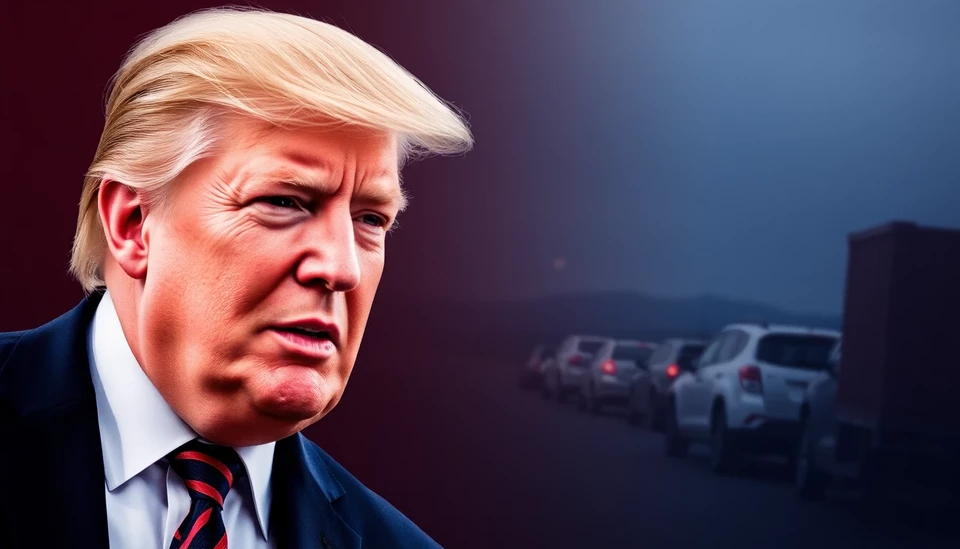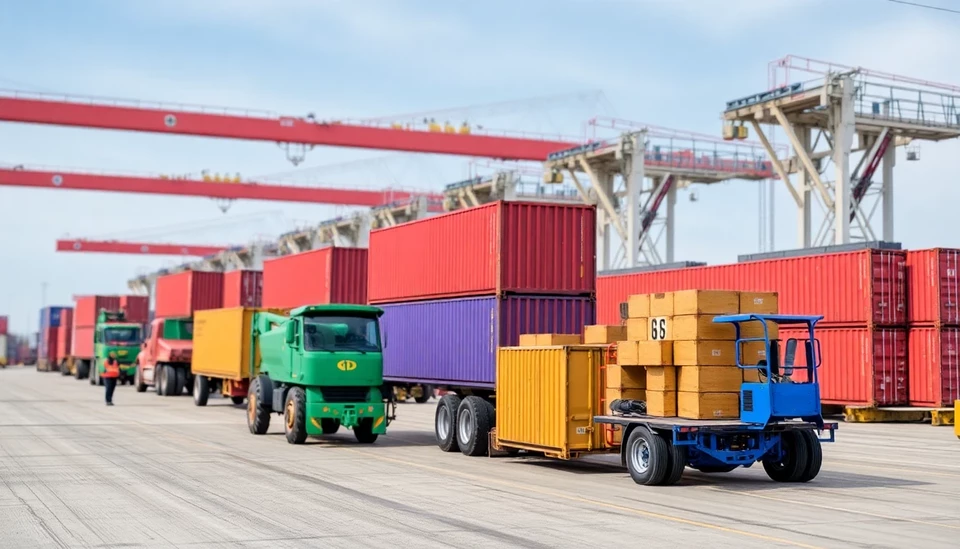
In a rapidly evolving trade landscape, the automotive industry is bracing for significant financial turbulence as President Trump’s tariffs extend their reach. Initially designed to protect domestic manufacturing, these tariffs are now spreading adverse effects across the board, jeopardizing the profits of several car manufacturers, both foreign and domestic.
Recent studies have shown that these tariffs, implemented on a variety of imported goods, are causing a ripple effect throughout the auto industry. As manufacturers are forced to adjust pricing strategies to accommodate increased production costs, consumers may soon face higher vehicle prices. This, combined with an already competitive market, could pose serious challenges for carmakers aiming to retain customer interest amid rising costs.
Companies such as Ford, General Motors, and Fiat Chrysler Automobiles have publicly expressed concerns regarding the long-term implications of these tariffs. The impacts are being felt particularly hard by manufacturers who heavily rely on imported parts for their vehicles. As tariffs increase the cost of these components, the risk of diminished profit margins becomes imminent.
Analysts suggest that the burden of these tariffs may not only hurt automobile sales but could also lead to substantial job losses within the industry. With higher prices driving consumer reluctance, dealerships may see a marked downturn in sales, potentially prompting automakers to scale back production and lay off workers.
Furthermore, some foreign automakers, such as Toyota and Volkswagen, are also faced with the dilemma of escalating cost structures due to potential tariffs on their imported vehicles. Although these companies are establishing more manufacturing plants within the United States to counteract tariff impacts, the transition itself comes with significant financial and logistical challenges.
As the automotive sector braces itself, both industry experts and consumers alike are left to ponder the future. The broader implications of these tariffs could lead not only to an increase in vehicle prices but also serve as a catalyst for shifting buying patterns. Customers might turn towards used vehicles or alternative transportation methods, further impacting new car sales.
As the situation evolves, stakeholders within the automotive sphere are closely monitoring developments, hoping for a resolution that would alleviate the pressures imposed by tariffs. The overarching goal remains clear: a stable automotive market that can provide quality vehicles at competitive prices without sacrificing jobs or economic growth.
In summary, while the intentions behind the tariffs may have originated with the aim of strengthening domestic manufacturing, the unintended consequences could potentially lead to a crisis that would affect the livelihood of many involved in the auto industry.
As we move forward, all eyes will remain trained on Washington, with a collective hope for dialogue and potential policy adjustments that would minimize harm to this vital sector of the economy.
#Tariffs #AutomotiveIndustry #Trump #GlobalTrade #Carmakers #EconomicImpact #VehiclePrices #ManufacturingJobs #TradePolicy
Author: Victoria Adams




